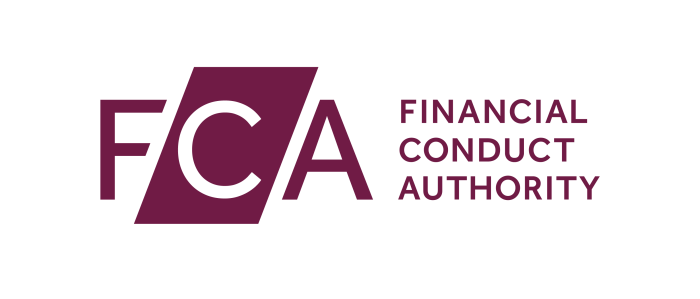The clock is ticking as many prepare for the FCA’s Senior Managers and Certification Regime (SMCR), which is poised to be hugely influential in terms of its impact on firms’ culture and operations.
Risk managers will be keenly aware it is little more than a year until the SM&CR comes into force for most regulated firms on 9 December 2019. Major banks are already subject to the regime and from this December, it will apply to insurers.
With an additional 47,000 firms expected to join the fold next year, there can be few regulations that will have such a sweeping impact.
This is expected to put to bed many of the lingering doubts that firms have not cleaned up their acts since the financial crisis. And, as Andrew Bailey the FCA’s chief executive said in an important speech last month, restoring trust in the financial services sector is key. He also emphasized that a crucial difference is that the FCA will focus on regulating people and not just companies:
“Using the framework of trust when we seek commitment, we have to look more to the promises of individuals and likewise the embodiment of ethical standards is most obviously seen in individuals – the senior management.”
So, the FCA is turning up the volume when it comes to taking personal responsibility and now is the time to make sure there is full understanding of the SM&CR’s requirements.
Being clear on individuals and their roles
The FCA issued new guidance in October on how statements of responsibilities should be produced.
This means anyone holding a senior management role will need to be approved by the FCA and each must complete a statement outlining their responsibilities, with this mapped for the business in the case of larger firms. This work needs to be ongoing as a named individual will also need to ensure that all certified staff are ‘fit and proper’ with this being checked at least annually.
As David Blunt, the FCA’s head of conduct specialists, said in October: “Take the opportunity to think about who is in the top team. Are sales people who have risen to the top the right people to be leading today? There is an opportunity for firms to make changes.”
Those in senior roles will also be included in a new FCA directory, which will augment the regulator’s existing register. It will show who is in what role, what they are qualified to do along with any sanctions or prohibitions.
The FCA will look at a wider range of behaviors
The FCA is expected to take more action on behavior that lies outside of its present regulatory remit. The messaging coming out is that it will take a dim view of a range of unacceptable behaviors and these may have no connection to any ability to do particular role. These could include sexual harassment, bullying, dishonesty and other behavior that shows a lack of integrity.
Whistle blowing and complaints processes
Firms should have defined whistle blowing and complaints processes established with a senior manager holding responsibility for ensuring these are effective.
Avoiding ‘rolling bad apples’
The FCA wants firms to clampdown on ‘rolling bad apples’ – employees who exhibit bad behaviors such as dishonesty or mis-selling and who move from firm to firm.
In part, this will be achieved by more detailed references for certified staff, listing regulated functions carried out at the same firm over the past six years. These should also include reasons for departure if relevant for a future employer – so this could include if they had breached conduct rules and any internal disciplinary matters.
Now is the time to digest fully the latest FCA’s guidance, final policy statements and its ‘near final’ rules. There can be no avoidance as the SM&CR has either already arrived or will be here soon – the future is about being visible, accountable and going far further to see that trust is restored.




